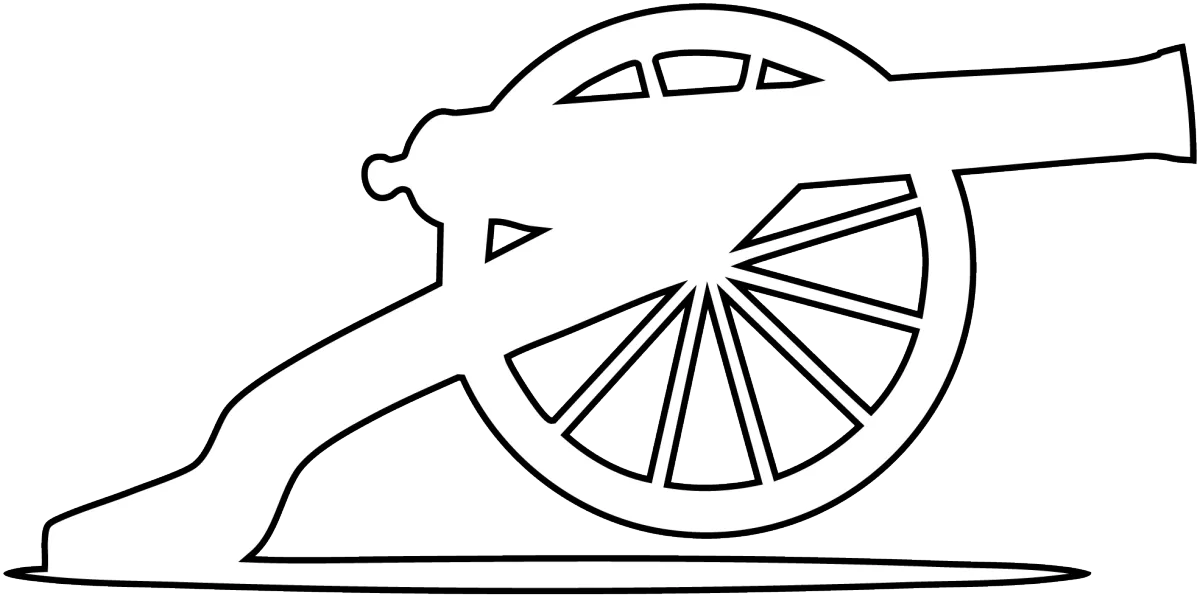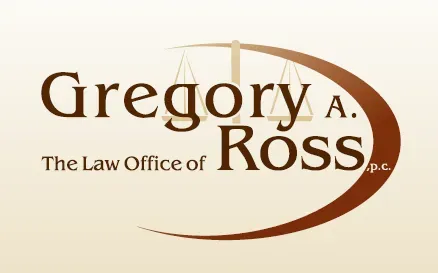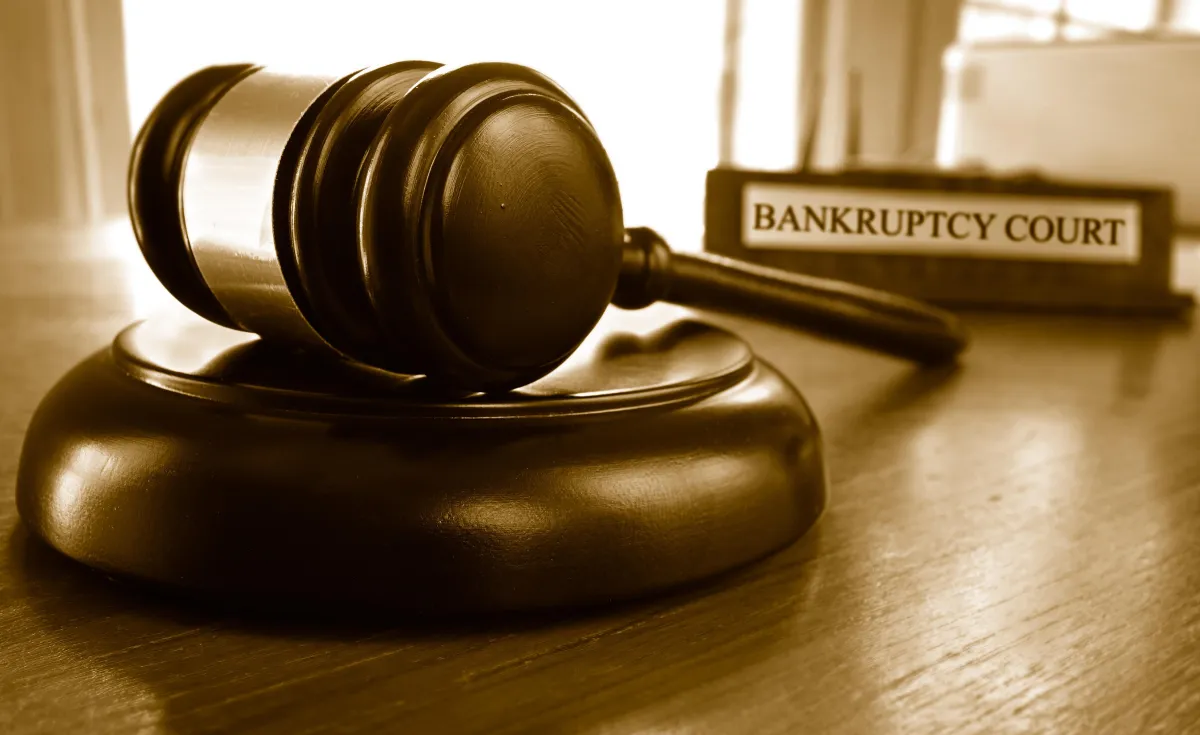

The Law Office Of Gregory Ross, P.C.
Quality, Timely and Valuable Legal Services
FREE CONSULTATION !
Experience Matters
Our Law Practice Areas
Gregory Ross has been practicing law since 1991 and is licensed with the State Bar of Texas, U.S. District Courts for the Northern, Eastern, and Southern Districts of Texas, and the U.S. Court of Appeals, 5th Circuit. We are engaged in general practice with an emphasis on these select areas of law and more.

Bankruptcy Law
Need to get your life back on track? We are here to help you reduce your debt and take back your future. If you are struggling to with debt, bankruptcy may be the solution. If you file bankruptcy, creditors must stop contacting you. There are different types of bankruptcy depending on your financial situation and goals. And you do not have to lose your house or car.

Estate Planning & Probate
We assist you to fulfill your short and long-term estate planning goals and work with you to create a lasting legacy. We make sure your choices for the distribution of property to loved ones, or the choice of guardian for yourself or children is followed. We use such instruments as Wills, Powers of Attorney, Deeds, Directives, Trusts to accomplish your goals.

Guardianship Law
For over 27 years Gregory Ross has represented clients in Guardianship cases, whether they be limited or full, Guardianship of the Person and/or Estate. We have the expertise and reputation to assist you when your loved one need help. We specialize in Guardianship of the Person when a disabled child becomes an adult.

Our Advantage
Our advantage over other firms is our on-going relationships with our long standing clients, our commitment to respond to our clients in a timely manner, and our expertise and reputation in selected areas of law.
Law Offices of Gregory A. Ross, P.C.
The Law Office of Gregory A. Ross, P.C. | Attorney Not Certified by the Texas Board of Legal Specialization. | © 2019 All Rights Reserved | Privacy Policy
You may reproduce materials available at this site for your own personal use and for non-commercial distribution. All copies must include the above copyright notice.
Our firm practices bankruptcy law and is considered a debt relief agency by federal law. Our services include helping individuals and couples file for bankruptcy relief under the Bankruptcy Code.
Disclaimer: The material on this site is made available by the firm for informational purposes only and is not, nor is it intended to be, legal advice. The transmission and receipt of information contained on this web-site does not form or constitute an attorney-client relationship. You should consult an attorney for individual advice regarding your own situation.
Click for the BBB Business Review of this Law Office in Wichita Falls TX